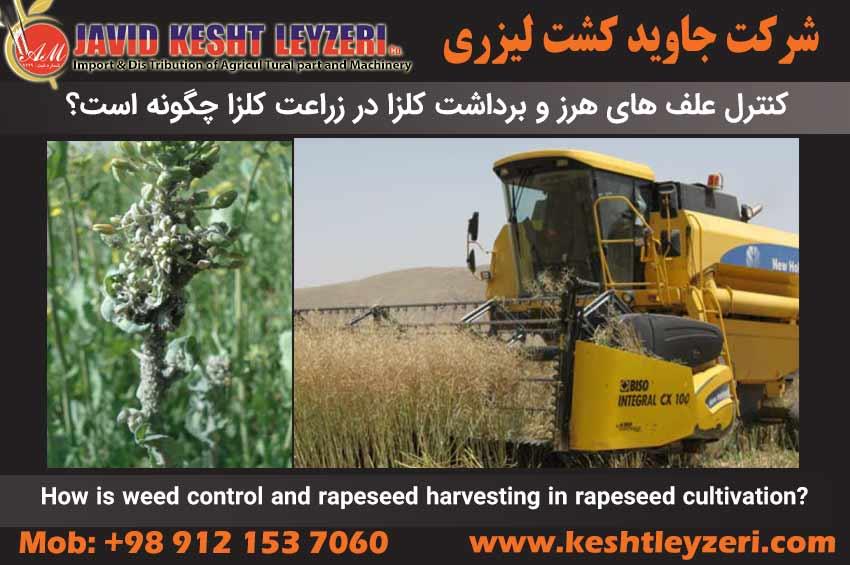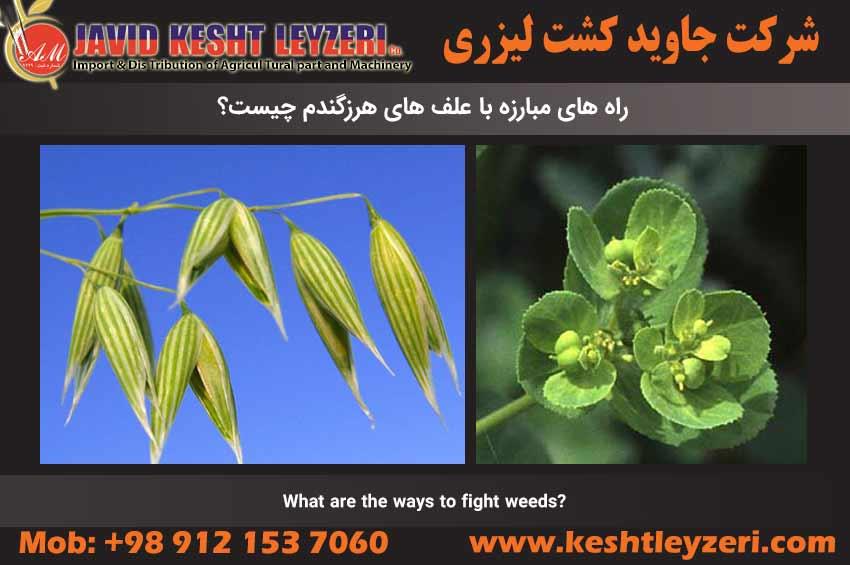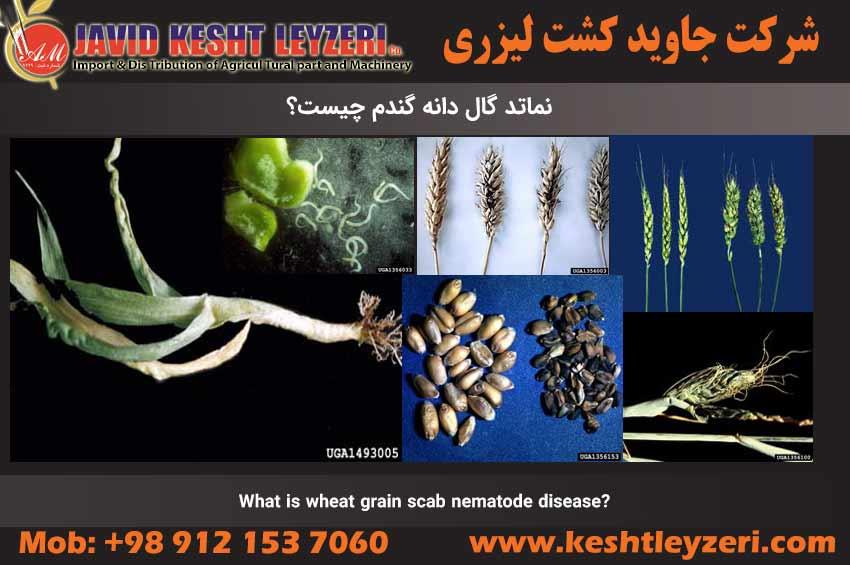- 15 Dec 2023
- 2126
How is weed control in rapeseed cultivation?
Rapeseed is a plant with broad and autumnal leaves, which, due to the lack of common pests and diseases with wheat and other cereals, is a suitable plant for crop rotation with wheat and barley. Among the benefits of rapeseed in rotation, we can mention the control of foot disease, reduction of weed population, increase of soil organic matter, etc. So that wheat will have a 15-20% increase in yield after rapeseed. Time management is very important in rapeseed cultivation, and observing the planting date is one of the main factors in the successful production of rapeseed. It is necessary to apply fertilizer, irrigation and fight against aphids at the recommended times. Weeds are also among the factors that, in addition to reducing the yield, may also reduce the quality of the product.
- 03 Dec 2023
- 1145
What are the ways to fight weeds?
A weed is a plant that grows uninvited inside crops. These plants can increase plant pests and diseases, and in some temperate regions, their damage is estimated up to 15% of the total crop.
- 02 Dec 2023
- 980
What is wheat grain scab nematode disease?
Wheat gall nematode is a plant disease that is also known as "wheat gall nematode". The cause of this disease is an obligate parasite, and reports show that this disease exists in many regions of the country, including Azad Shahr, Ramian, Gonbad, Aqqola, Aliabad, Bandar Turkmen, Kalaleh and Kordkoi, and the degrees of contamination are different.



